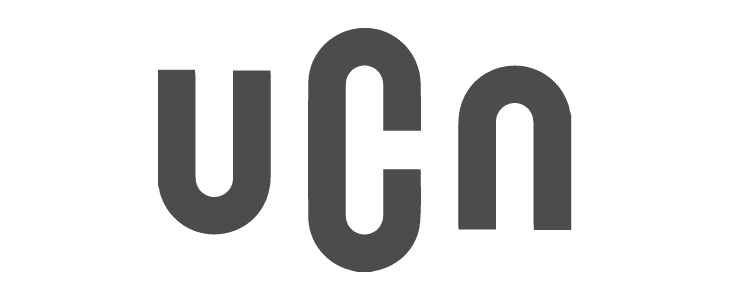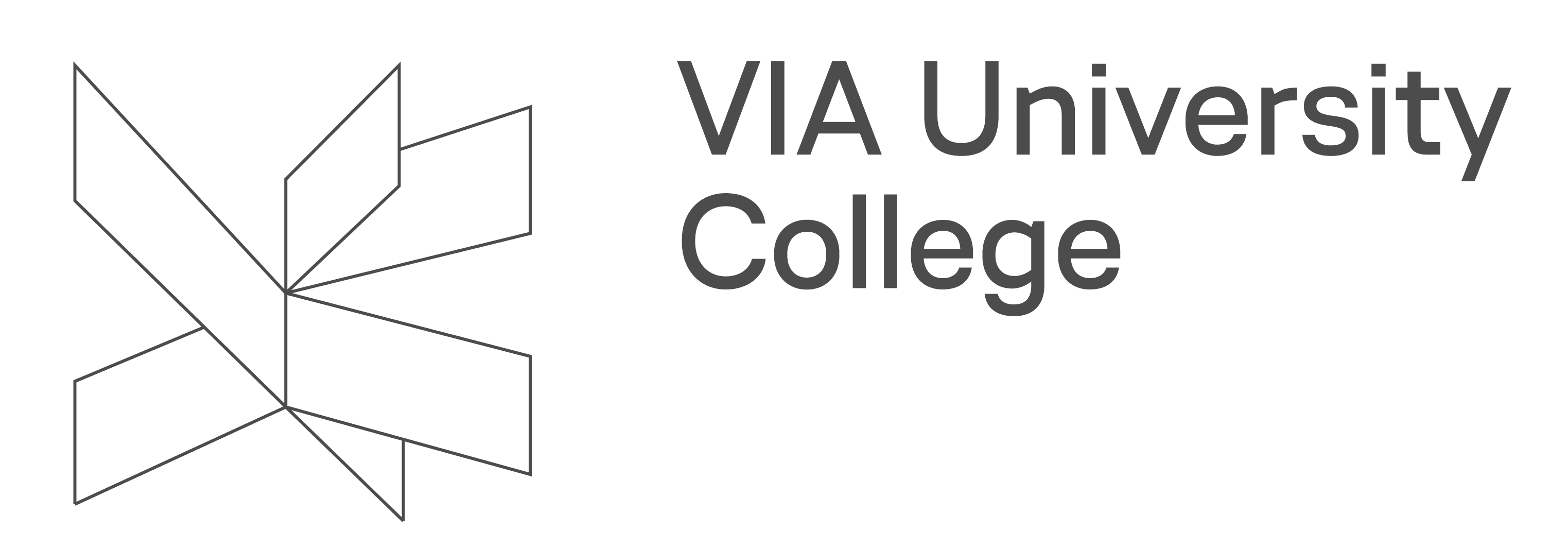Universities of Applied
Sciences Denmark
Sciences Denmark
Universities of applied science Denmark is a professional organisation that serves the six university of applied sciences in Denmark, which together offer programmes in 36 cities and educate more than one in three students enrolled in continuing education.
Our top ten basic training programmes are education, teaching primary and lower secondary school, nursing, social work, physiotherapy, construction, occupational therapy, public administration, nutrition and health, and bioanalysis.
Universities of applied science Denmark works to ensure that our universities of applied sciences have the best possible conditions for developing and offering programmes that attract more students – at a young age as well as later in life. Because there will be a greater need for skilled professionals in Denmark in the future. Not only for the welfare institutions in the public sector, but also for the many small- and medium-sized businesses across the country that rely on skilled technical and commercial graduates who hold a professional bachelor’s degree.
Universities of applied science Denmark is a member of UAS4Europe, a network representing 150 Universities of Applied Sciences (UAS) in the European Research Area (ERA). UAS4Europe aims to ensure knowledge exchange and networking among research communities with a focus on application- and practice-based research and works with strategic representation of interests in the EU institutions.
Universities of applied science Denmark will fill the position of vice chair of UAS4Europe for a two-year period from June 2024 until June 2026.
Research at the university of applied sciences
Since 2014, the universities of applied sciences have had a statutory objective to conduct practice- and application-based research and development (R&D) for the benefit of the private and public sectors and with a view to strengthening the quality and relevance of profession-specific training and education.
A distinctive feature of research at the universities of applied sciences is that it is closely related to – or interacts with – the professions and key welfare areas that the university of applied sciences train for. This means that the path from development to application is short. Research thus plays an important role in renewing and improving practice within the professions and subject areas that the universities of applied sciences train for, such as primary and lower secondary education, childcare and healthcare. Research is equally central to improving the quality and relevance of the professional bachelor’s programmes.
Since 2013, the universities of applied sciences have received an annual government grant of DKK 313 million (2023 prices), which will enable the university of applied sciences to carry out practice- and application-based research and development activities. In comparison, Danish universities receive DKK 9.9 billion per year, which is over 30 times as much as the university of applied sciences.
The universities of applied sciences also receive external funding from foundations, companies, regions and municipalities. External funding of the universities of applied sciences´ research and development activities amounted to DKK 193 million in 2023, corresponding to 38 per cent of the universities of applied sciences’ total research funding. The development of the external funding share of all funding is illustrated in Figure 1.
At the universities of applied sciences, research is conducted broadly within the professions that the university of applied sciences train for. Many research projects are carried out across programmes and areas of society. Figure 2 illustrates which societal areas are most prominent within research at the universities of applied sciences. However, it is important to note that some of the research at the universities of applied sciences (17 per cent) does not fit into the categories.
Last updated May 2024






